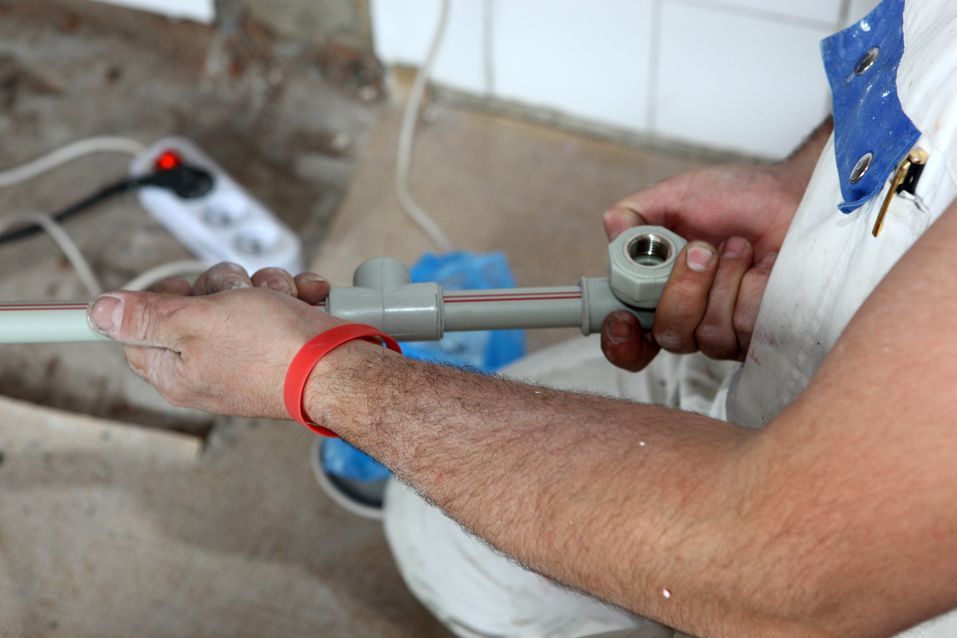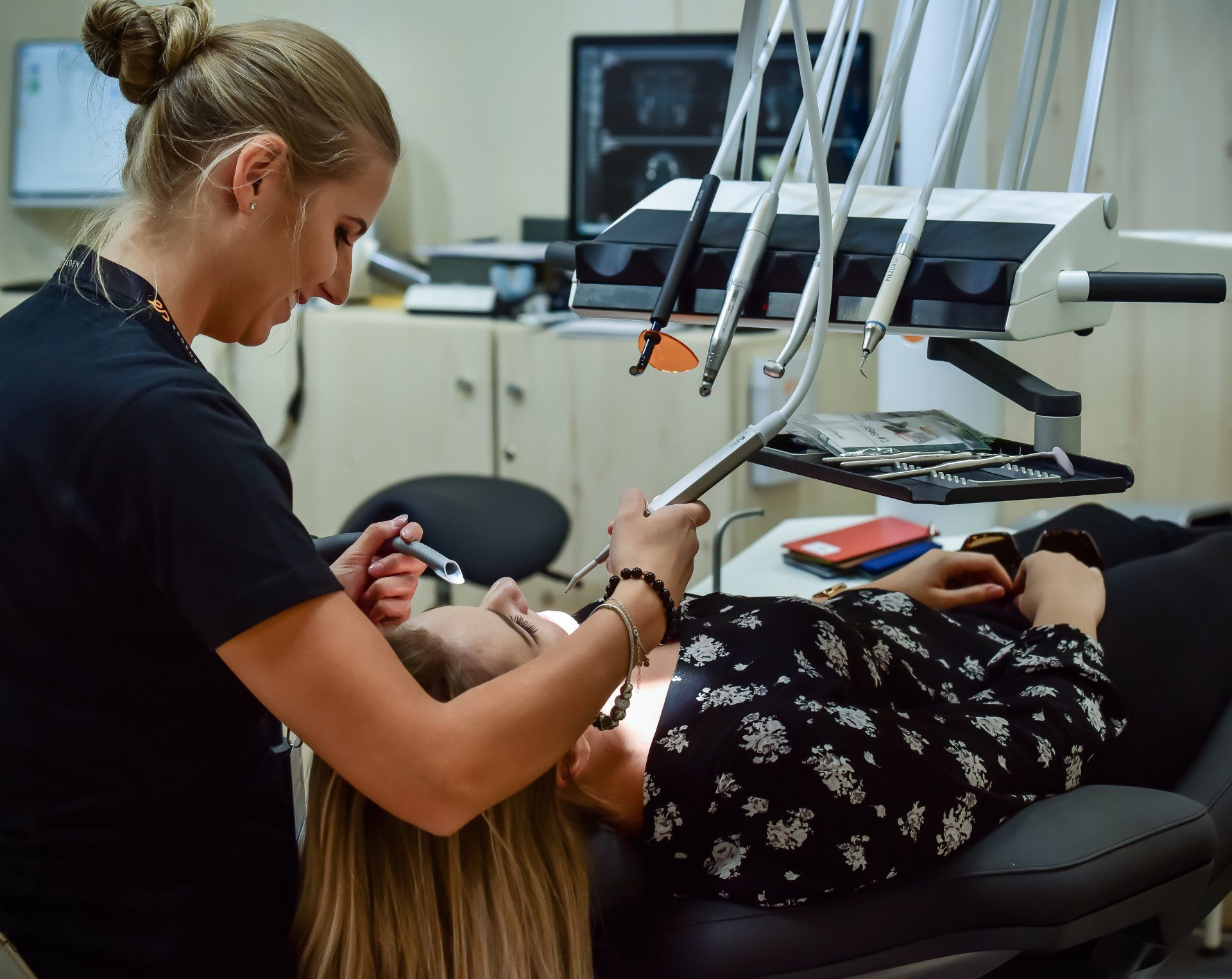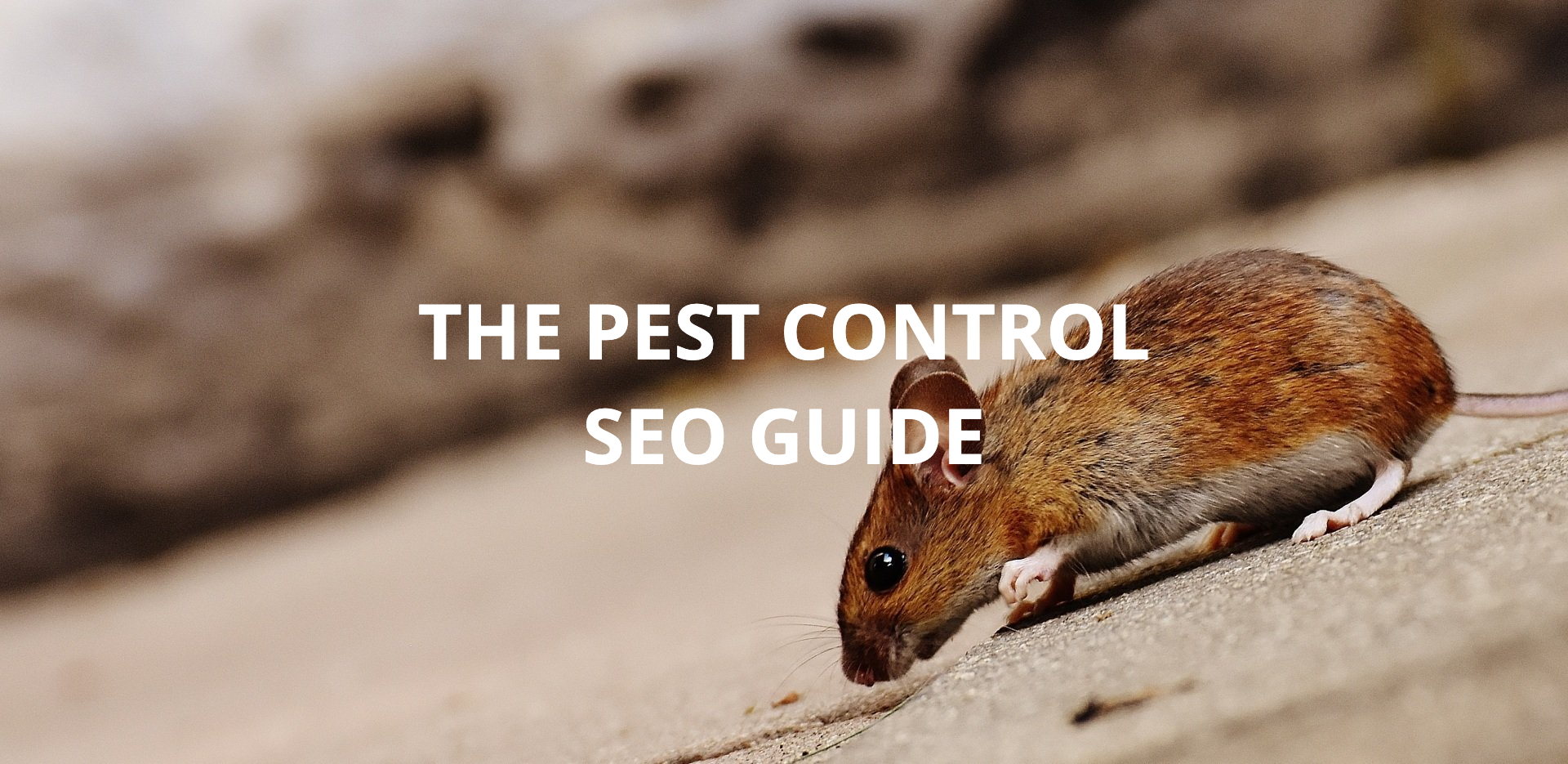How To Find Keywords For Local SEO: The Easy Guide
When it comes to generating leads from your website, local SEO is one of the most effective strategies you can use. If you’re wondering how to find keywords for local SEO, you’re not alone. For many business owners, local keyword research is a daunting task, akin to searching for a needle in a haystack.
Luckily, keywords aren’t that hard to find if you know where to look. You just need a few tips and tricks to get going. In this guide, we’ll cover why local SEO is important and what steps you need to take to find the right keywords.
And if you decide you’d rather hire an expert to handle all the details of your local SEO strategy, give Blaze Digital Marketing a try! We take pride in offering data-driven marketing that gets results.
Why Local SEO Is Important
Before we talk about how to do research for local SEO, let’s dive into why local SEO is important in the first place. Since you’re here reading this blog post, chances are you’ve heard of SEO and understand that it’s something that makes it so that customers can actually find your website.
SEO, or Search Engine Optimization, involves creating quality content strategically sprinkled with keywords, optimizing your website, and obtaining backlinks, among other things. Done well, SEO helps your website rank higher on the search engine results page (SERP).
With so many businesses competing for leads, you have to be strategic about how you spend your time and effort. Using local SEO helps narrow the playing field. Instead of competing with industry giants that have a nationwide reach and millions of dollars to spend on marketing, you put yourself up against other local businesses.
Local SEO works because so many search engine queries are searching for local information. In fact, almost half of all Google searches (46%) involve local searches, while 88% of people “who use a smartphone for a local search visit a related store within a week.” Essentially, local SEO is important because it helps you reach customers in your area that are looking for similar services.
Local SEO involves:
- Optimizing your Google Business Profile
- Getting backlinks
- Localized keyword research
- Managing customer reviews
- Localized content strategy
- Optimizing your website
Done well, local SEO improves your online visibility and credibility to help you reach local customers, generate more leads, and convert those leads to sales.
How To Do Local Keyword Research
Localized keyword research is just one part of a local SEO strategy, but it’s essential. Using local keywords helps you reach customers with a strong commercial intent. A customer searching “plumbers in Salt Lake” is much more likely to hire you than one who uses the generic term “plumbers.”
But if you’ve never done it, you’re probably wondering how to find keywords for local SEO.
Before we talk about how to find the right keywords, let’s discuss what makes a good keyword. Keywords help search engines like Google and Bing know what your website is about. Targeting the right keywords brings your website up when customers are searching relevant terms.
When choosing keywords, you need to consider volume, relevance, and difficulty.
Volume refers to how many searches were made using the keyword. You don’t necessarily want to go after the keywords with the highest volume because they tend to have the most competition. At the other end of the spectrum, low-volume keywords may not have a lot of competition, but they also don’t have a lot of people searching for them. You want to find keywords that are in the sweet spot between.
When considering a keyword, you also want to look at its relevance. Pick keywords that are relevant to your business and industry, as those will help you bring the right kind of traffic to your website. Just because “Taylor Swift's new album” is trending doesn’t mean it will help you generate leads for your pottery business.
A final factor to consider when doing your local keyword research is difficulty, which is typically rated from 1 to 100. Keywords with a higher difficulty have more competition and are harder to rank high on the SERP. For example, if you target the keyword “skincare,” you’re going to be competing against nationwide brands that have huge marketing budgets. Ahrefs rates it at a difficulty of 72 and estimates that you would need backlinks from over 200 websites in order to break the top 10. Instead, you want to look for keywords with a lower difficulty that will be easier to rank high.
Find Local Industry Keywords
With all that in mind, the first thing you want to do is find local industry keywords. Begin by brainstorming words related to your business. If you’re a dentist, for example, you might list all the services you offer, such as emergency dental care, tooth extraction, root canals, periodontal disease treatment, teeth whitening, and dental cleanings.
From there, you can generate more keyword ideas by going to Google. Type in your main service and see what related searches Google suggests. For example, the keyword “dentist” might have “dentist near me,” “dentist Phoenix,” and “emergency dentist Phoenix.”
You can also use Google’s autofill feature. When you type your keyword into the search bar, Google offers several suggestions to complete the query. These are based on popular searches. With a list of keywords in mind, you can use SEO tools to research the volume and difficulty and determine the best ones to target.
Use Keyword Variations
Now that you have some keywords to start with, it’s time to find some variations. By naturally filling your content with keywords, you help Google understand what your content is about. However, you don’t want to stuff it with the same keyword over and over on repeat. This comes off as spammy and makes your content less readable.
Instead of using the keyword “plumber” 40 times in your 1000-word blog post, you want to find variations of the phrase that will help your content sound more natural. You might add in “best plumber,” “emergency plumber,” and “water leak repair.”
Add Your Location
With your keyword and variations, it’s time to add your location into the mix. From the example above, you might use “best Boise plumber,” “emergency plumber in Boise,” and “Boise water leak repair.” This narrows the keywords so that you’re only competing against local plumbers.
In addition to the city name, you might consider abbreviations and nicknames. For example, Chicago is also known as “the Windy City” and “Chi-Town” while locals call Los Angeles “LA,” “the City of Angels,” and “La-La-Land.” By using these local identifiers, you tell the search engine that your website is relevant to people in these areas.
Think about Search Intent
Another factor to consider when doing local keyword research is search intent. When people use Google, they start with a search intent, which is the underlying reason or goal of their search.
The main categories of search intent include:
- Informational: The user is looking for information, such as “Where does the Pope live?” or “Actress from Stranger Things.”
- Navigational: The user wants to get to a specific webpage, such as their bank login.
- Commercial: The user is researching a product or service, such as “best phones for tweens” or “reliable painter in Orlando.”
- Transaction: The user is actively looking to make a purchase, such as “schedule dermatology appointment” or “used car for sale.”
Keeping a specific search intent in mind can help you choose effective keywords that will generate leads and convert to sales.
Look at Your Competitors
Another effective way to research keywords is to look at what your competitors are doing. By analyzing competitors that are ranking high on the SERP, you can learn what keywords are working for them and use those keywords to build your own strategy. Although it’s okay to steal the keywords they’re using, you don’t want to copy their work. Instead, you’re using the same keywords but adapting them to content that reflects your unique brand.
If you want to analyze keywords your competitors are using, follow these steps:
- Find the right competitors. Start by searching some of your target keywords and see who consistently ranks on the SERPs. These businesses are ranking because they’ve found SEO strategies that work.
- Analyze their website to see what keywords they’re using. Check page titles, meta descriptions, headings, FAQs, and content. You can do this manually or use an SEO tool like Semrush or Serpstat.
- Pick keywords to target. Consider keywords your competitors are ranking for that you are not. If you’re a small business, you’ll want to avoid keywords with too much competition until you’ve built more authority. Once you’ve started to rank higher, you can come back to target the more difficult keywords.
Top Local SEO Tools
In our tips on how to find keywords for local SEO, we’ve mentioned terms like volume and difficulty. But how do you research how much a keyword is searched or how difficult it will be to rank for? That’s where SEO tools come in. Here are some of the top local SEO tools that will help you with your localized keyword research:
- Google Keyword Planner: This free tool from Google helps you research potential keywords, looking at their metrics as well as related keywords.
- Ahrefs: Ahrefs lets you research keywords to find the right ones, offering insights like volume, difficulty, and traffic potential. Ahrefs has free tools as well as paid memberships for more in depth information.
- Moz Local: Once you’ve implemented your SEO strategy, it’s important to analyze how well your efforts are working. Moz Local helps you track your presence and growth on Google Business Profile, Facebook, Instagram, TikTok, and more.
- Serpstat: Serpstat is a great tool for analyzing the SEO strategies your competitors are using, looking at their traffic, backlinks, visibility, and more.
What Is Local Keyword Research?
Local keyword research is one part of an effective local SEO strategy. It involves identifying the keywords that potential customers are using to search for businesses like yours.
How to Find the Right Local Keywords
Start by listing out the services or products you offer to find the core of the keyword you want to target. Brainstorm variations and modifiers, then add in your location. You can also study your competitor’s SEO strategy to find keywords that will work for you. Use tools like Google Keyword Planner, Ahrefs, Moz Local, Serpstat, and more to refine your keywords, and remember to consider your customers’ search intent when deciding which keywords to use. Ultimately, it takes some trial and effort to find the right local keywords to increase your business’s online visibility.
How to Find Keywords for Local SEO Conclusion
Finding the right local keywords can take time, but it’s worth the effort. Now that you know how to do research for local SEO, you can start your local SEO journey.
If, however, you’ve decided you’d rather leave keyword research to the experts, Blaze Marketing is here to help. We provide SEO services that will help you improve your online visibility and rank higher on the SERP. Contact us today for an audit of your website!









